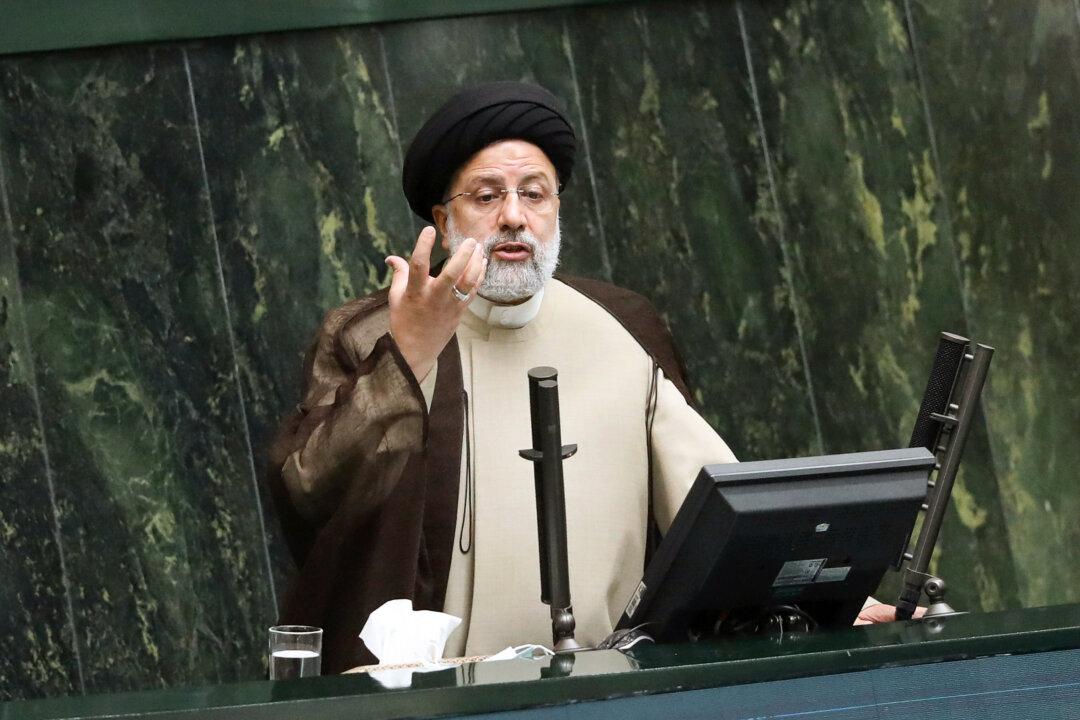Iranian President Ebrahim Raisi and his entourage died in a helicopter crash in East Azarbaijan Province, in the northwest of the country on May 19, according to a statement released by Iran’s cabinet on Monday.
“We assure our loyal and appreciative and beloved nation that the path of service will continue with the tireless spirit of Ayatollah Raisi, the hero and the servant of the nation and the faithful friend of the leadership,” the Iranian cabinet said in the statement.





